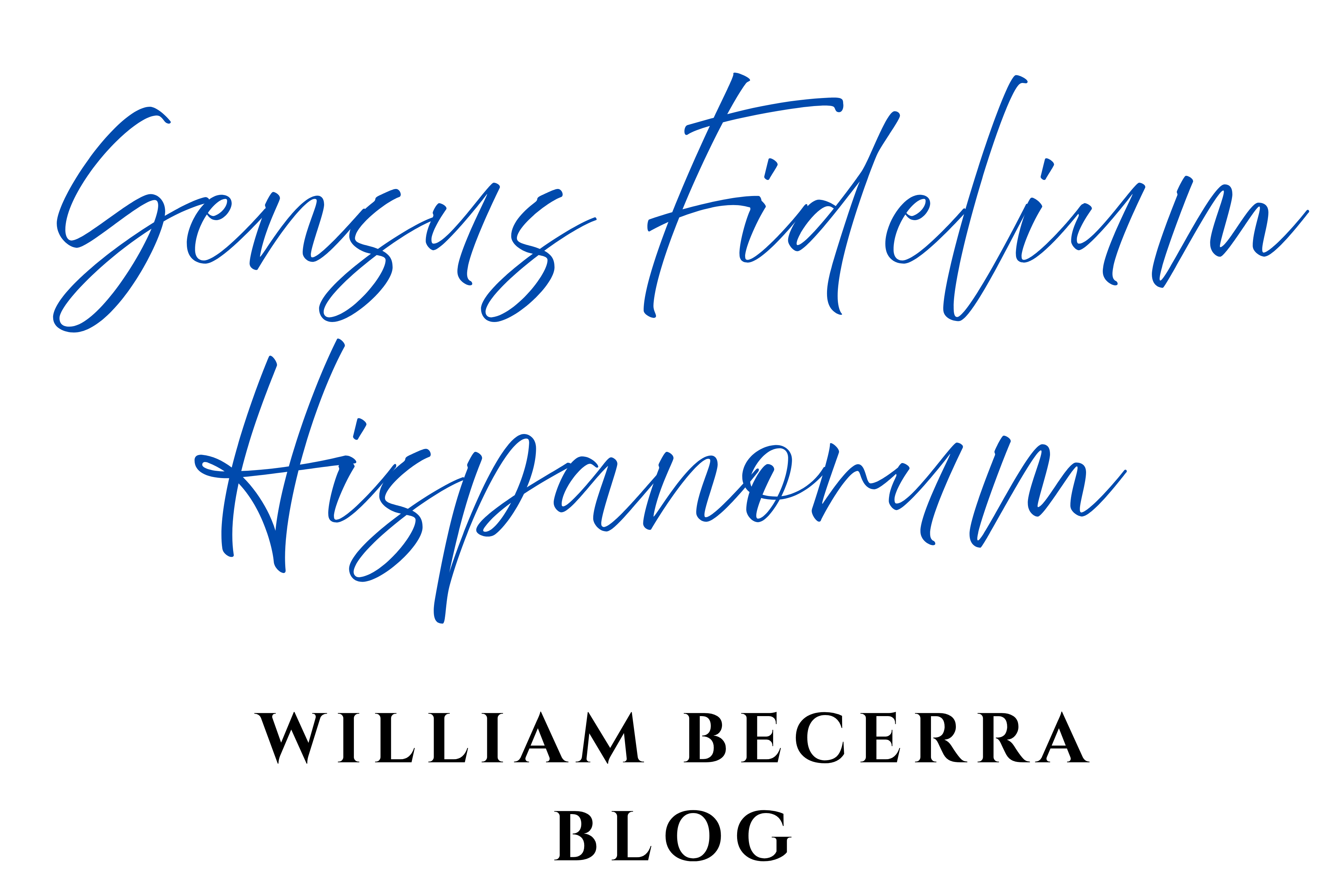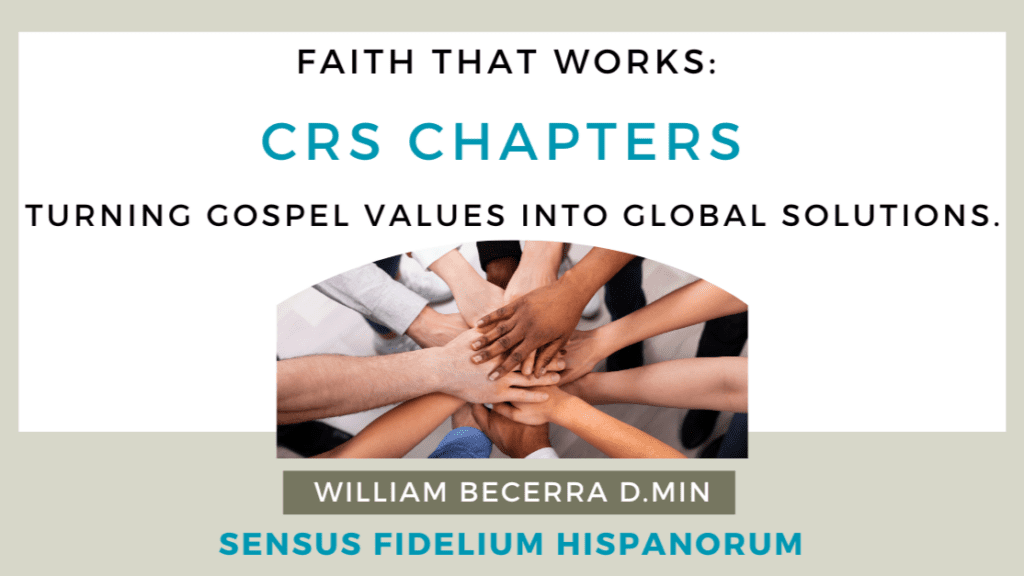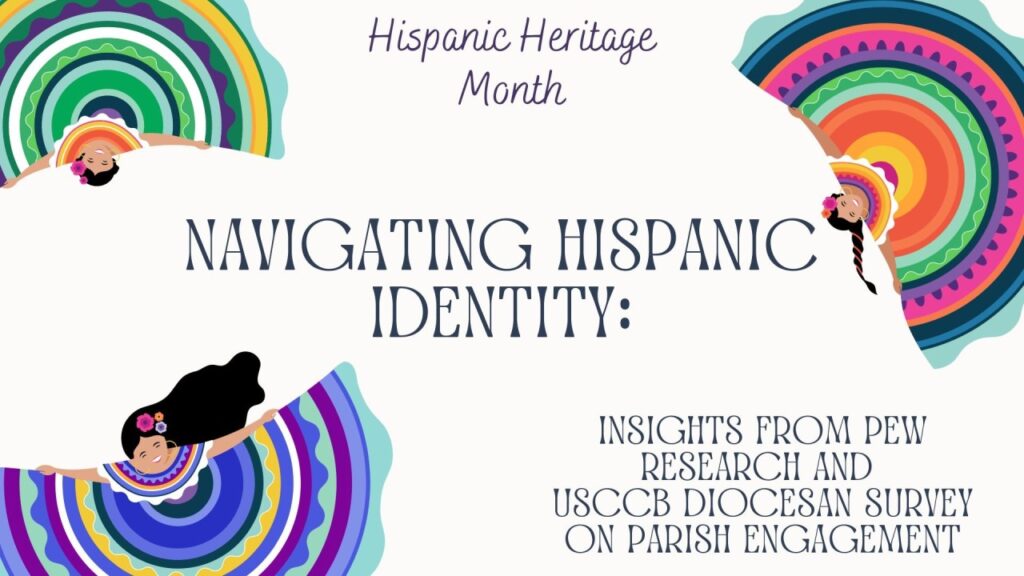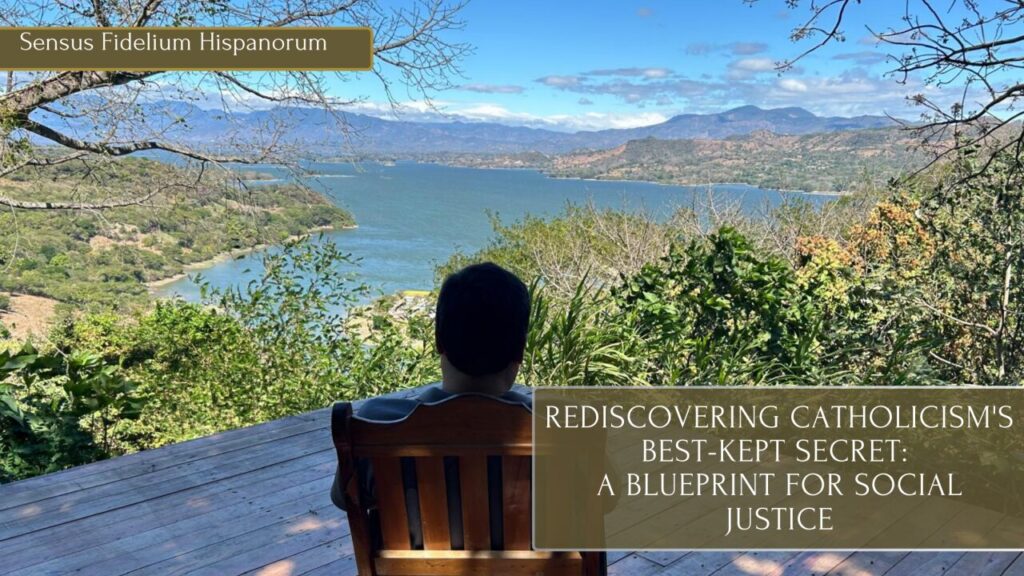About this blog
These reflections emerge from the intersection where academic study meets the messy, beautiful reality of daily ministry. After two decades of walking alongside vibrant Hispanic communities—from migrant shelters in Tijuana to parish halls in Chicago, from seminary classrooms in the Philippines to diocesan offices across the Midwest—I have learned that the most profound theological insights often surface not in scholarly conferences but in moments of genuine pastoral encounter.
Let me be clear from the start: these are my personal reflections, shaped by years of experience but not representing any institution I have worked with, consulted for, or collaborated alongside. This isn’t the voice of Catholic Relief Services, the Diocese of Joliet, or any academic institution. It is simply one scholar-practitioner wrestling with what it means to do teología y pastoral en/de conjunto in the complex landscape of contemporary ministry.
The heart of this blog stems from a conviction that has guided my work for years: you cannot do ministry without doing theology, and you cannot do theology without doing ministry. This isn’t just academic theory—it’s a rhythm I have lived, a dance between reflection and action that has shaped everything from leadership development programs to advocacy initiatives, from doctoral dissertations to late-night conversations with families facing deportation.





